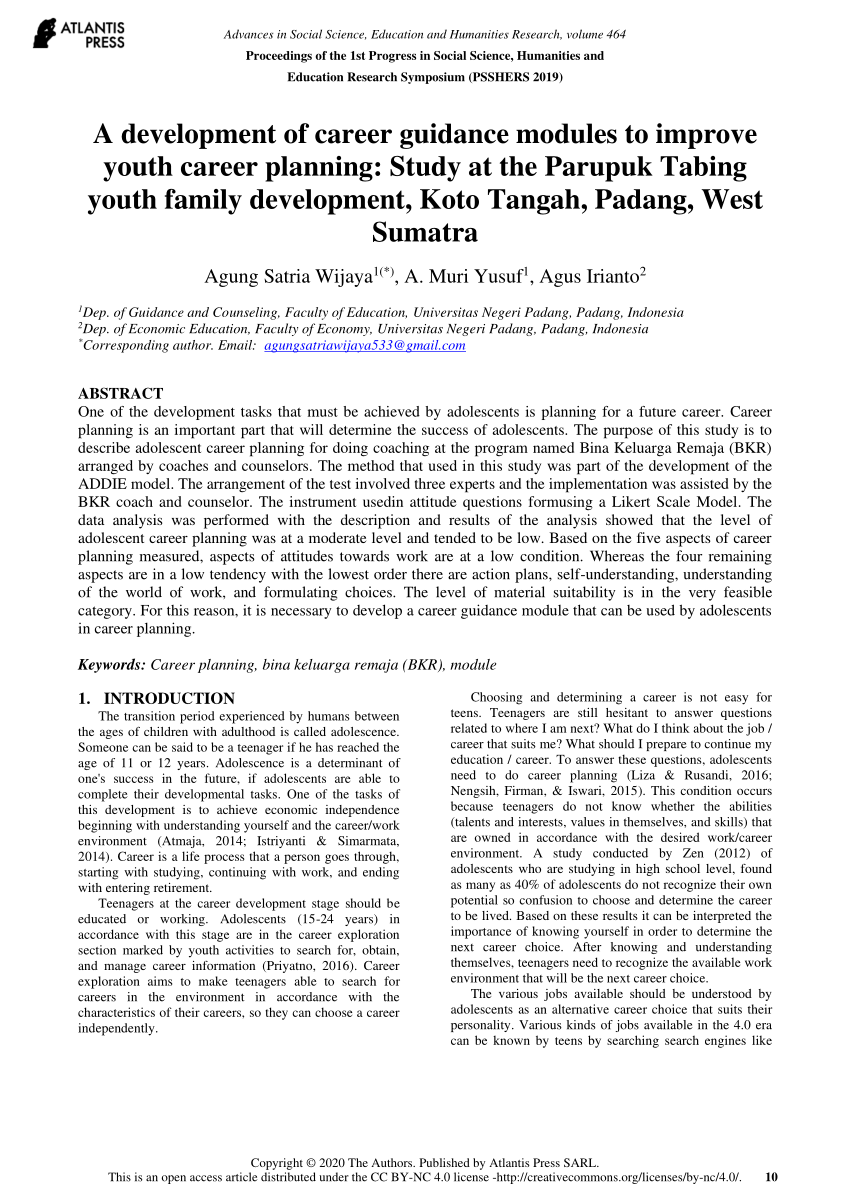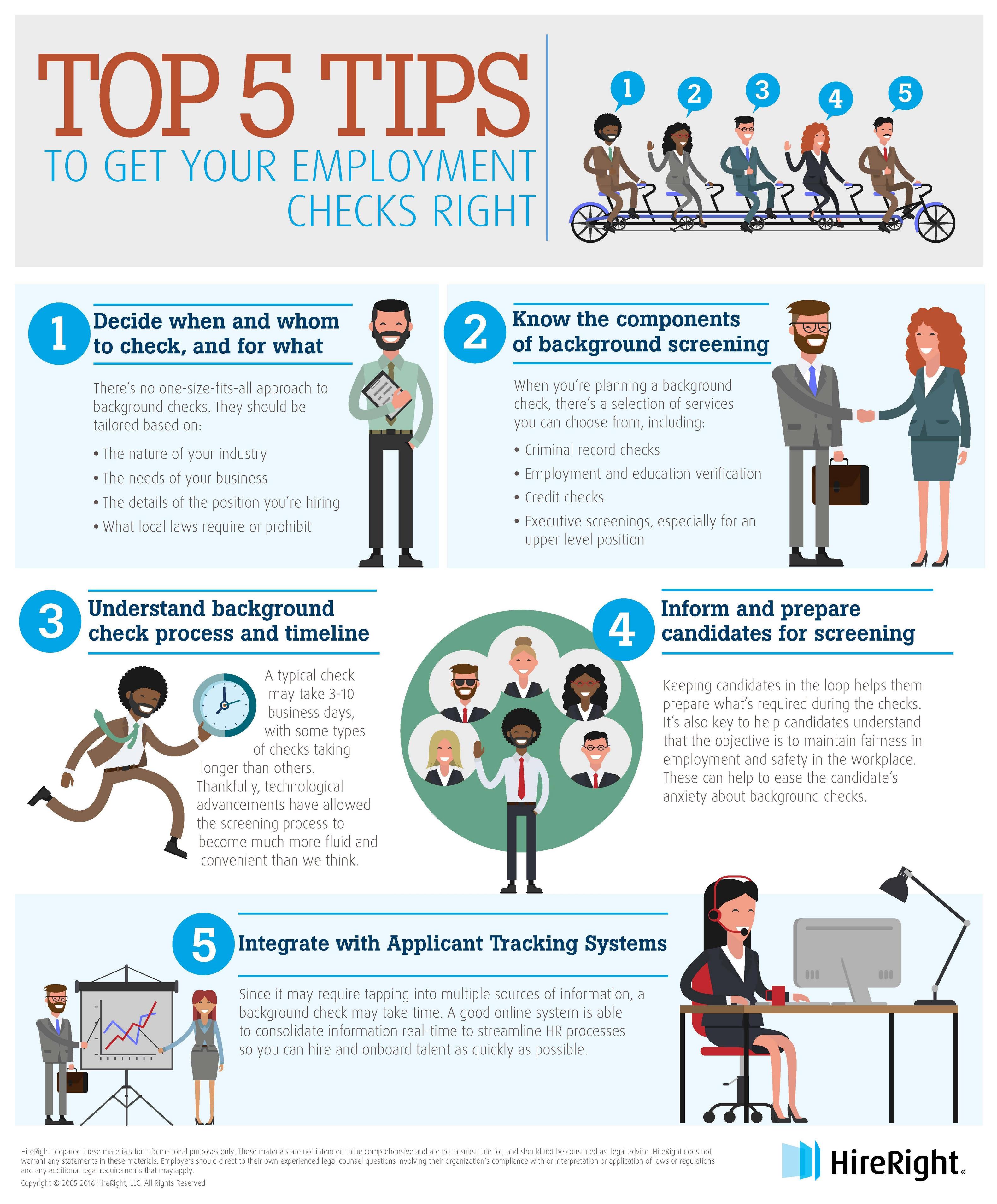
Graduates of business administration programs have the potential to pursue a variety of career options, including in finance, communications, and management. You can also choose to work in the healthcare industry. These graduates may be interested in medical records analysts and health information technicians. You may also consider a career as a office or logistics manager.
Health information technicians
The United States is experiencing one of the fastest-growing professions in health information technology (HIT). It combines the study of computer science with management, legal procedures, and business principles. It will help patients and their families by improving patient care and reducing costs. Health information technicians work in hospitals, doctor offices, insurance companies and long-term care facilities.
Many companies that design healthcare systems or platforms employ health information technicians. They may also work remotely for contract services. Remote work allows health information technicians the freedom to create their own schedules. Professional certification may be required for some roles.
Medical records analysts
Medical records analysts are responsible for managing the data contained in healthcare records. They can also create and edit reports on how to streamline these records. They must have a degree in health information management or a related field, along with supervised work experience. This career requires high standards, but can be highly rewarding and challenging.

Medical terminology and anatomy should be a strong asset for those applying to the job of medical records analyst. They must be able manage time and prioritize tasks.
Managers for the office
Office managers with degrees in business administration can work in a variety of industries. A bachelor's degree can be sufficient for most entry-level positions, but larger companies prefer candidates who have a master's. Some employers require that all aspiring office managers complete the Certified Business Office Managers certification (CBOM), which can sometimes take several weeks. A degree in office management is a great investment.
Managers of offices should be organized and have excellent communication skills. They should have experience with organizing events and traveling. They should have knowledge of creating systems and establishing processes that allow the office to run smoothly. They should also have good listening and reading skills, as they will likely be leading meetings and drafting communications for the entire company.
Logistics managers
Logistics managers are responsible to manage the storage and transportation of goods for companies. These individuals must have the ability to analyze processes and problem-solve under pressure. They work closely together with different departments to ensure the smooth flow and movement of goods. They work with warehouse managers, transportation managers and supply chain managers.
You must have strong communication, problem-solving and analytical skills to be a successful logistic manager. Also, you must be meticulous and skilled at paying attention to detail. The supply chain is complicated, but a logistics manager can help maximize company profits by looking for ways to minimize expenses and increase flow of goods.

Forensic accountants
Forensic accountant is a specialist in risk management. This requires investigative skills and knowledge of criminal justice. These accountants can earn up to $150,000 per year. They can also expect to have a lot of autonomy and responsibility.
The demand for forensic accountants is increasing, particularly in government and local law enforcement departments. They conduct investigations into criminal and terrorist activities and analyze financial data. They can be called upon to testify in court as expert witnesses and gather evidence during the discovery process. Additionally, they are involved in corporate security and risk management.